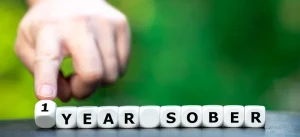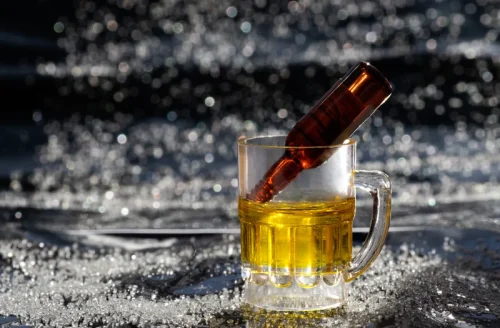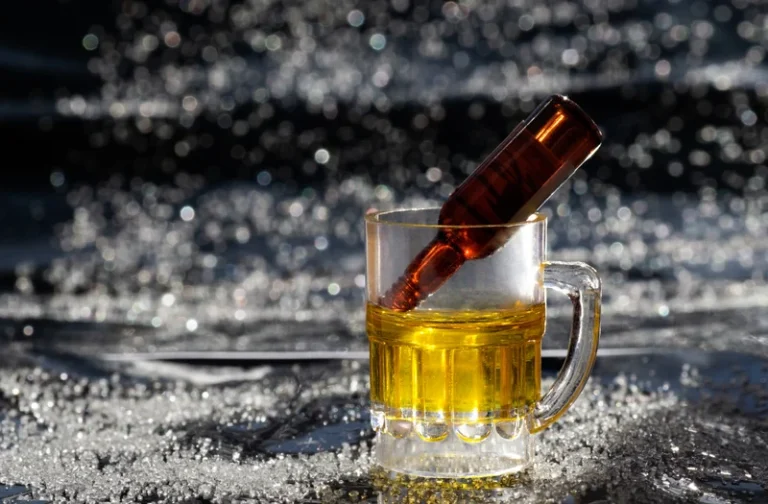
Ark Behavioral Health offers 100% confidential substance abuse assessment and treatment placement tailored to your individual needs. The real danger of these symptoms, however, comes in the form of dehydration, which can be dangerous or even, in rare cases, life-threatening if the person is not given appropriate care and support. It’s best to seek medical assistance and taper off alcohol (rather than quitting “cold turkey”) to avoid these potentially fatal symptoms. If you have a drinking problem, it is best to stop drinking alcohol alcohol withdrawal completely. Total and lifelong avoidance of alcohol (abstinence) is the safest approach. Symptoms such as sleep changes, rapid changes in mood, and fatigue may last for months.
Cravings, Stomachache, and Anxiety
Recognition and treatment of withdrawal can represent a first step in the patient’s recovery process. AW is often treated, discussed and studied as an entity distinct from alcoholism treatment. One should remember, however, that withdrawal and its treatment represent a brief period of time (i.e., several hours up to a few days) in the alcoholic’s drinking career. Researchers do not yet know whether the choice of detoxification method has an impact on long-term patient outcomes. For example, one may speculate that early treatment may prevent more serious symptoms during subsequent withdrawal episodes. Furthermore, treatments (both pharmacological and nonpharmacological) that make patients more comfortable may encourage patients to engage in further treatment for their underlying alcohol use disorder and help prevent relapse.

Uninterrupted Sleep, Good Appetite
The decision to quit drinking is an important step, but you might wonder what can you expect from alcohol withdrawal. For those who experience withdrawal symptoms when they quit drinking alcohol, the two most often asked questions are « Is this normal? » and « How long does it last? » However, there is no « normal » when it comes to alcohol withdrawal. An estimated 50 percent of people who have an alcohol addiction will experience withdrawal symptoms if they abruptly stop drinking. Of those people, 3 to 5 percent will experience AWD symptoms like grand mal seizures and severe confusion. Symptoms of alcohol withdrawal can occur after a person suddenly stops drinking or suddenly strongly reduces drinking after prolonged and heavy exposure to alcohol.

From 24 to 72 Hours

When you stop drinking, after doing so heavily for a long time, the depressant on your central nervous system stops, causing your nervous system to become overexcited. Your body may get overloaded because it has no alcohol to counteract your now perpetually excited nervous system. If your home environment is not supportive for staying sober, talk with your doctor. Your doctor may be able to connect you with shelter programs for people recovering from alcohol addiction. Their job is to make sure that if you develop any worsening of symptoms, they get you to a hospital or call 911 immediately.
- You can go straight into’ fight or flight’ mode as the alcohol leaves your system, even when there’s no danger present.
- This depends on the individual and the results of laboratory tests that their doctor may order.
- AWS is often accompanied by intense cravings to drink and may affect your emotional, cognitive, and physical well-being.
- In some cases, AWS can be a medical emergency and — if complications arise — potentially life threatening.
- Staff can also use peer support, mindfulness practices, and other techniques to help clients.
- Alcohol withdrawal refers to a condition that may occur when an individual with alcohol use disorder suddenly stops or significantly reduces their alcohol consumption.
In extreme cases, these feelings can also involve suicidal thoughts or activity, or provoke other forms of self-harm and self-deprication. However, for people who have become dependent on a drug of abuse like opioid painkillers, methamphetamine, cocaine, alcohol, benzodiazepines, cannabis, and others, withdrawal is more than just an uncomfortable experience. It can also be a dangerous hurdle standing between them and the rest of their recovery journey. When you stop drinking, the brain still experiences hyperactivity or overexcitement. This is what causes psychological (mental and emotional) withdrawal symptoms. You may have more severe withdrawal symptoms if you have certain other medical problems.

Treatments for Alcohol Withdrawal
- Risk factors for alcohol use disorder include a family history of problems with alcohol, depression and other mental health conditions, and genetic factors.
- For over 20 years Dr. Umhau was a senior clinical investigator at the National Institute on Alcohol Abuse and Alcoholism of the National Institutes of Health (NIH).
When a person drinks heavily, frequently, or for prolonged periods of time, their brain compensates for alcohol’s depressant effects by releasing more stimulating chemicals (compared to when a person does not drink). This article discusses the causes, common symptoms, and different stages of alcohol withdrawal. It also discusses various treatment options for alcohol withdrawal and how you can get help.

